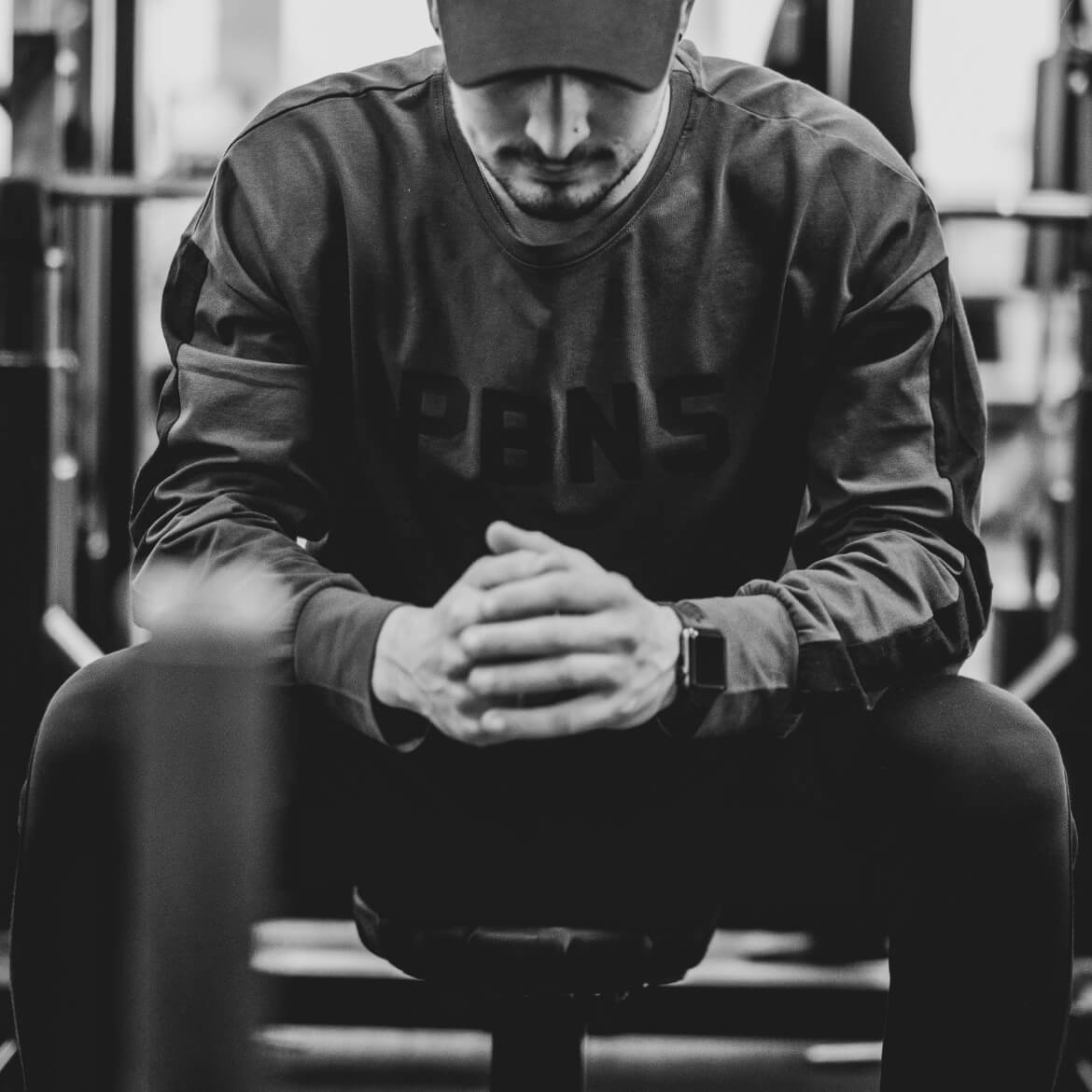Are Protein Shakes Good for You?
25th Jan 20

Protein shakes are a pretty common thing to see in the exercise world, and it’s understandable. Protein is renowned for being one of the most essential macros you need to get your muscle building going strong and helping you make the most of all of your progress. The problem, however, is that it’s hard to get enough. That’s where protein shakes come into the equation and everything else that’s in them too.
To really get a good protein shake and make sure you aren’t getting a load of negative side effects along with it, you need to know how healthy protein shakes really are and what it is in them that you actually want to be getting more of. It’s not as black and white as you might think.
Want to move fast? Jump to the right section below.
- What is Protein?
- How Much Protein Do You Need to Build Muscle?
- What Makes a Healthy Protein Shake?
- Remember – Use Healthy recipes
What is Protein?
An excellent place to start with any big topic like this is looking at the basic science behind it all. That comes from looking at what protein actually is. Believe it or not, it’s not actually just a thing in chicken that makes you huge. It has a tonne of different sciences behind it, and it plays a huge part in muscle hypertrophy.
Protein is a building block of all of our cells and a substance made up of various amino acids. These come from a massive variety of sources (even if you’re vegetarian and vegan as long as you eat complimentary proteins) and most of them are in just about everything you eat, only at varying concentrations. That much is fine.
How Much Protein Do You Need to Build Muscle?
This is one of the most subjective questions in the muscle-building world, and in all honesty, everyone is different for what it is that they need to build muscle. No matter who you ask, you’ll likely get a different answer.
To help guide you on your way, however, here’s some guidance from My Protein
“In general, you need between 1.2 – 2.2 grams of protein per kilogram of bodyweight daily to encourage muscle growth.”
What Makes a Healthy Protein Shake?

Coming back to the original question and helping you reach this all-important protein marker on a daily basis, let’s take a look at how protein shakes can be a good (or bad) addition to your daily diet help you reach your goals.
They are all made up of different ingredients like just about everything else we consume in life, so there’s always a bit of a grey area. To make sure you’re getting the best one you possibly can, there are some things you need to look for. There isn’t one right answer.
Protein Contents
The first place to start with how good or bad a protein shake is going to be for your health usually comes from the big ingredient; how much protein is actually in the supplement. This is usually measured per scoop, and generally speaking, there can be any amount ranging from 5g-50g. It all depends on what you’re buying.
To get the ideal amount to keep things nice and healthy while minimising the calories that are coming along with it, you should be aiming for around 20-30g per scoop and having this once per day. The rest of your daily protein comes from what you eat, no matter what it is, generally speaking, so any more than this would just be wasted (unless you’re aiming for some serious bodybuilding).
Carbohydrate Content
One of the biggest factors you might need to consider when you’re looking at how healthy protein shakes are and whether they’re good or bad for you comes from the carb content that comes with it.
Carbohydrates are vital to giving you energy both in your workout and in the rest of your day. They’re not a bad thing to get in your shake if you’re training, but they do have some downsides in some cases.
Sugar content
The biggest note here is the sugar content that is in your carb category. Sugars are technically a carb, so always read the label. Make sure that a high carb content isn’t actually just a high sugar content. Too much sugar is going to do nothing for you but make you feel lousy, damage your progress and give you extra calories with little to no added nutritional value.
Calorie Content
Staying on the carb side of things, you still need to look at the overall calorie intake that carbs are contributing too. If your goal is to put on a lot of lean muscle mass, then carbs aren’t always your friend. They’re great for training days as long as the sugar is low, but they can result in a much larger calorie surplus than you need, and that’s an easy way to build fat. Be careful.
Fat Content
While we’re talking about fat, your protein shake’s fat content is another key area you need to look at to make sure you’re doing right by your health and making your protein shake good for you.
Fat is a vital macronutrient for life in general, and it’s another of the biggest sources of energy in your whole day. On top of that, we need it for recovery too, since that’s one of its main jobs. It helps you feel better, recover better and even fights off DOMS.
Remember – Use Healthy recipes
The last thing you need to think of when you are making the healthiest protein shake that you possibly can come from looking at what else you’re putting in. That’s not what comes in the tub, but what you actually do with it. Although the protein powder may be healthy, you might be adding some things you maybe shouldn’t, and that can have some adverse effects. Always think about it in the long run!
All of these things are what make a protein shake what it is, and to really do the very best for your fitness, you need to make sure you’re making healthy choices everywhere you possibly can. The more advanced and healthier options are often more expensive but do try to do as best you can. Always read the label, never substitute protein for food, and train as hard as you eat! Good luck!

Before beginning any exercise or nutrition program, consult your physician, doctor or other professional. This is especially important for individuals over the age of 35 or persons with pre-existing health problems. Exercise.co.uk assumes no responsibility for personal injury or property damage sustained using our advice.
If you experience dizziness, nausea, chest pain, or any other abnormal symptoms, stop the workout at once and consult a physician or doctor immediately.









